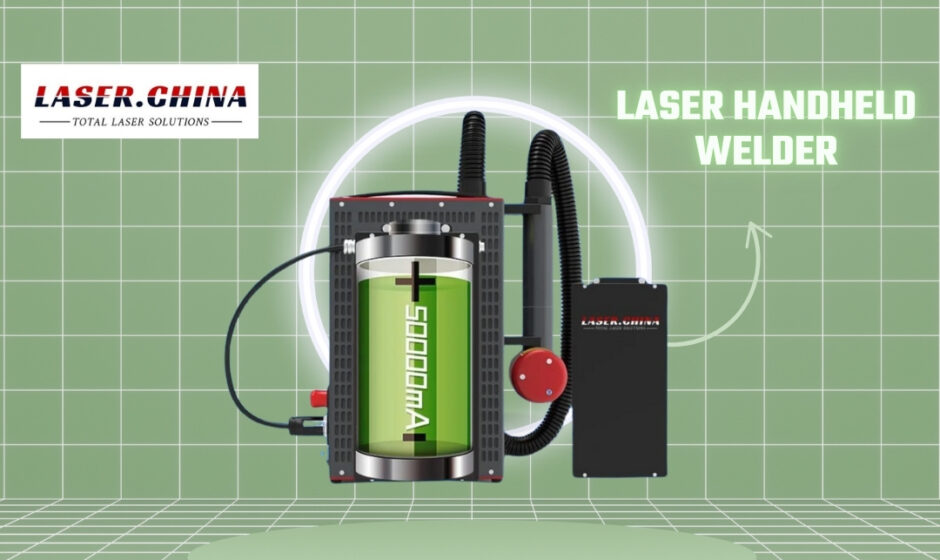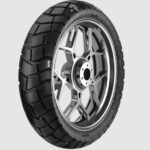Laser welders are precision tools used for a variety of industrial applications, including automotive, aerospace, electronics, and jewelry making. The price of a laser welder can vary significantly based on several factors such as type, power output, precision, brand, and additional features. Understanding these factors is crucial for anyone looking to invest in a laser welder.
Factors Affecting the Price of Laser Welders
- Type of Laser Welder: There are different types of laser welders, each designed for specific applications. The most common types include:
- Fiber Laser Welders: Known for their efficiency and long lifespan, fiber lasers are ideal for welding metals like steel, aluminum, and brass. They are more expensive than other types due to their versatility and durability.
- CO2 Laser Welders: Primarily used for non-metallic materials like plastic, wood, and textiles, CO2 lasers are generally more affordable but may not be suitable for high-precision or metal welding tasks.
- Nd
Laser Welders: These welders offer high precision and are often used in industries like electronics and jewelry making. Their price tends to be on the higher end due to the advanced technology they utilize.
- Power Output: The power output of a laser welder is a key factor that influences its price. Welders with higher power (measured in watts) can handle thicker materials and perform more intensive welding tasks. However, higher power output also means a more expensive machine. For example, a 200W fiber laser welder will typically cost more than a 100W model, but it will be more capable of handling demanding projects.
- Precision and Quality: Precision is especially important in industries like jewelry making and electronics, where even small imperfections can have significant consequences. Laser welders designed for high-precision work often come with higher price tags. These machines feature advanced technology like real-time feedback systems and automated calibration, which ensures consistent, high-quality welds.
- Brand and Manufacturer: Established brands with a reputation for producing high–quality, reliable machines tend to charge more. For instance, brands like IPG Photonics, Trumpf, and Coherent are known for their top-tier laser welding systems, which are priced higher than lesser-known manufacturers. However, choosing a reputable brand can save costs in the long run due to the durability and after-sales support they offer.
- Additional Features: Some laser welders come equipped with additional features that enhance functionality, such as automated systems, safety features, and custom software for specific tasks. Machines with these advanced features tend to cost more but can significantly improve productivity and ease of use.
Price Ranges for Laser Welders
- Entry-Level Machines: Entry-level laser welders, suitable for small-scale operations like jewelry making or minor repair work, can start from around $2,000 to $10,000. These machines usually have lower power output and fewer advanced features, but they are sufficient for light tasks.
- Mid-Range Machines: For more industrial applications, such as automotive part fabrication or electronic component assembly, mid-range laser welders cost between $10,000 and $50,000. These machines offer higher power outputs, better precision, and additional features like automation.
- High-End Machines: Large-scale industrial laser welders used in aerospace, automotive, or heavy machinery industries can cost upwards of $50,000, with some machines reaching as high as $250,000 or more. These machines feature advanced laser technology, high power outputs, and are designed for continuous operation in demanding environments.
Considerations for Choosing a Laser Welder
- Application-Specific Needs: Before purchasing, clearly define the purpose of your laser welder. If you are working in the automotive or aerospace industry, where strong, durable welds are critical, a high-powered fiber laser welder is likely the best investment. On the other hand, industries like jewelry making, electronics, or medical device manufacturing require extreme precision, so you may prioritize welders that offer precision control and can handle delicate tasks. For non-metal materials, a CO2 laser welder may be the most appropriate choice.
- Operating Costs: It’s also important to consider the operating costs of the laser welder. While the initial price is a major factor, operating costs such as energy consumption, maintenance, and potential replacement of parts (like laser diodes or lenses) should be factored in. Fiber laser welders, for example, are known for their energy efficiency and long lifespans, which can reduce overall operational costs despite a higher upfront investment.
- Training and Ease of Use: Depending on your team’s familiarity with laser welding technology, ease of use could be a deciding factor. Some advanced laser welders come with user-friendly software interfaces, automated features, and training programs, which can reduce the learning curve and ensure quicker integration into your production process. For more complex machines, ensure that you are either familiar with the necessary training or that the manufacturer offers sufficient technical support and training resources.
- Future-Proofing: If you anticipate future growth or diversification in the type of materials you will weld, investing in a versatile machine that can handle various tasks might be a more cost-effective decision. For example, fiber laser welders can work on a wide range of metals, making them a good long-term investment for industries with evolving needs.
- Warranty and Support: Given the significant investment involved, ensure that the machine comes with a solid warranty and reliable after-sales support. Reputable manufacturers typically offer warranties covering critical components like the laser source and power supply. Additionally, good technical support can help avoid costly downtimes by providing timely assistance for troubleshooting and repairs.
Conclusion
The price of a laser welder is determined by a combination of factors such as the type of laser, power output, precision, brand reputation, and additional features. Entry-level machines start at around $2,000, while high-end industrial machines can exceed $100,000. It is important to assess the specific needs of your project before investing in a laser welder to ensure you are getting the best value for your money.



